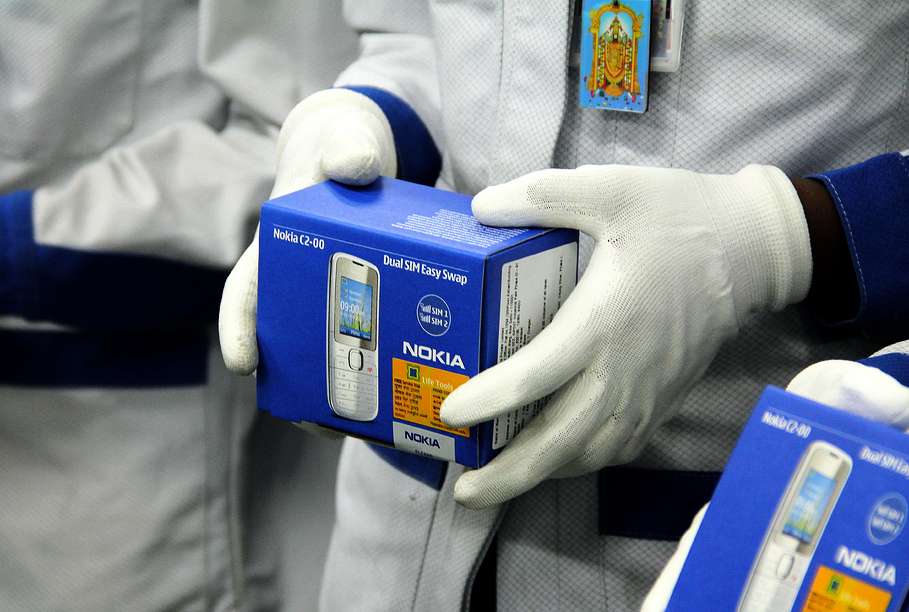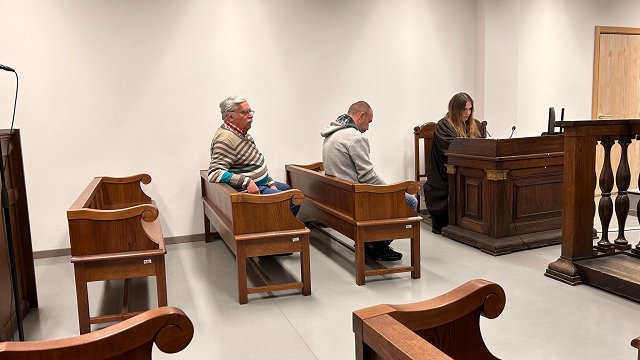But now the coronavirus pandemic has revealed that it was here all along, right under our noses. It is not an electronic gizmo, a lucky oil strike or a scientific breakthrough. In my opinion it is simply this: a sense of proportion.
By most metrics, Latvia's handling of the COVID-19 crisis has been a comparative success - with heavy emphasis on 'comparative', because we are after all talking about disease and death on a global scale.
The Twitter account of statistician Jānis Hermanis is an excellent source of data on the coronavirus outbreak in the Baltic states. All three countries appear to have shallower curves than many larger and richer countries when it comes to COVID-19 cases and deaths. Estonia and Lithuania both had serious, concentrated outbreaks early on, which they appear to have effectively dealt with. Latvia was spared even that. Good luck should not be discounted as a factor.
Reģistrēto COVID-19 gadījumu kopējais skaits un testēšanas apjoms Baltijas valstīs ?????? līdz 6.maija rītam pic.twitter.com/Mnd8Sau1KG
— Jānis Hermanis (@J_Hermanis) May 6, 2020
Reģistrēto COVID-19 gadījumu skaits Baltijas valstīs ?????? pēdējo 14 dienu laikā. pic.twitter.com/EFkdisvkQF
— Jānis Hermanis (@J_Hermanis) May 6, 2020
Latvia's first coronavirus death was recorded on April 3, two weeks after the state of emergency was declared on March 13. As of May 8, the death toll stands at 18, and the total number of cases is still below 1,000.
The panic-buying at the start of the crisis was modest, amounting to little more than a weekend in which everyone bought a maxi pack of toilet rolls and a kilo of buckwheat. With these to hand, Latvians were content to await the Four Horsemen with equanimity.
While this may be flippant way of talking about recent events, I do think it was an early indication of something that has become clearer in the weeks since. People did not panic, they did not moan over-much and they certainly did not tool themselves up with automatic weapons and storm the local council offices demanding the right to visit as many shopping malls as they wanted.
Rather, employers, employees, officials, pensioners, even schoolchildren - with very few exceptions - followed the rules and got on with life as best they could. The question then becomes "Why?"
I would suggest there are several reasons. First and foremost, the government made the very wise decision early on to push the epidemiologists and infectologists front and center. The medical professionals should manage a medical emergency.
This was not just window dressing for politicians desperate to look like they were in control. Quite the opposite - the politicians were to a great extent ceding control to the medics. The fact that such unlikely but likeable figures as slightly grumpy infectologist Uga Dumpis and jovial, bespectacled epidemiologist Jurijs Perevoščikovs are clearly not people with any political baggage has made them much easier for the public to trust than any slick politico. They are highly qualified medics. If Uga and Jurijs say this is what should be done, we believe them. If the politicians follow the medical advice, we will go along with it.
Even more unexpectedly, Health Minister Ilze Viņķele has emerged from these days of crisis with considerable credit. Often regarded as one of the most divisive figures in Latvian politics, even her traditional opponents would be hard-pressed to argue that she hasn't been working incredibly hard under conditions of extreme stress, making what are literally life and death decisions. A look at her daily diary is a reminder that politicians aren't all in it just for themselves and while people might still disagree with this or that statement, this or that approach, no-one could accuse her of not trying her hardest - which is ultimately all people demand of politicians regardless of their political color.
Thus the government's handling of the crisis was effectively de-politicized. Here, the benefits of a fairly broad five-party coalition rather than single-party rule may be significant. In the early days of the crisis, certain populist politicians whose stock-in-trade is to criticize anything and everything were quite vocal. The trouble was, they were unable to come up with any ideas better that those already being implemented, and the more they peddled Trumpian-type cosmic ordering (if we want it enough it will happen) as an alternative strategy, the more ridiculous they looked. Consequently, their voices have largely fallen silent.
The coronavirus crisis has seen all sorts of things turned on their heads. Suddenly, low population density seems like such a good thing, and a "resource" unavailable to densely populated countries. While Rīga has recorded the great majority of COVID-19 cases, even there the effect has likely been mollified by anecdotal evidence - by which I mean the evidence of my own eyes as someone living in a rural location - that a fair number of Rīgans relocated to the countryside, either to family summer-houses or by taking out long-term rentals. Latvia can put the isolation into "self-isolation".
Historical memory may also be a factor. This week Latvians were remembering that it's only 30 years since the country emerged from decades of occupation. As the Baltic Presidents, parliaments and foreign ministers have all pointed out in recent days, World War Two didn't end in this part of Europe until the rebirth of democracy. Memories of living under Communism are still fairly fresh. Taking to the streets for weeks was the appropriate method of defeating that tyranny. If staying at home for weeks is the way to defeat the coronavirus, it doesn't seem like such an onerous task in comparison.
So, if Latvia's handling of the coronavirus crisis has been a success of sorts, what do we do with it? This question is already being asked. How is our Nokia to be marketed, exploited, exported? Well, the ironic truth is that we cannot and should not do any such thing. Bursting into meetings and declaring, even in a roundabout way: "Let us tell you how great we are because fewer of us died," is a tone-deaf attitude that is going to generate disdain more than admiration.
This is not something for the marketing department. However, in the coming months and years, people will crunch the numbers and analyze the data about the coronavirus and its global spread. The figures will be there for anyone to see, and from those they can draw their own conclusions and perhaps ask: "So what can we learn from Latvia?"
It will be a long time before that happens. Before then we should support medical staff and all those standing up to COVID-19 with more than symbolic applause, and above all bear in mind the human cost of the deaths recorded so far and the clear possibility that there is still plenty that can go wrong.






























